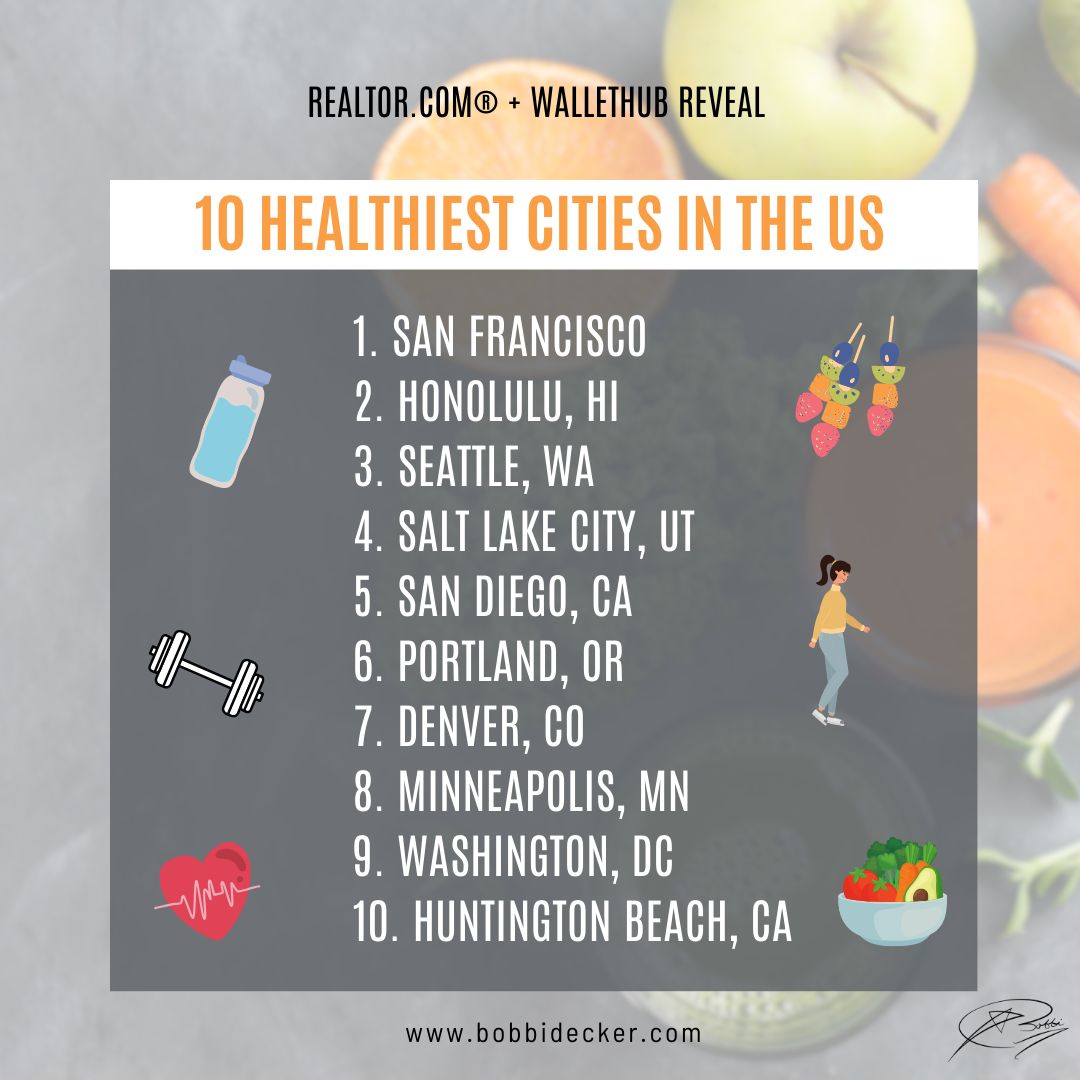Senior Spotlight: A Concerning Employee Drought
Did you know that Baby Boomers have been the backbone of the water workforce since 1972?
Labor shortages are a real concern, especially as more and more Baby Boomers retire (you may have heard the term the ‘silver tsunami’). But did you know that the water industry is particularly impacted? Here’s why:
Last week marked the 50th anniversary of the 1972 Clean Water Act, in which a key component involved the legal requirement to clean up sewage before dumping it into rivers or oceans. After that law passed, more than $1 trillion was invested into wastewater treatment plants, creating a swell of jobs in the 1980’s and 1990’s held largely by the Baby Boomers of today.
Water treatment jobs are not only needed for sewage purposes, but to support programs such as water recycling, stormwater capture and desalination amidst climate changes and continues years of drought. In fact, California is expected to lose 10% of its water supply in the next 20 years given the reduced snow pack in the sierras and anticipated drying out of the Colorado River.
The American Water Works Association lists retiring workers as a top concern, an uneasiness shared by the California Water Environment Association. Specialized roles are becoming harder and harder to fill, with a particular need for instrumentation techs, engineers, water quality analysts, mechanics and electricians.
As labor shortages around the country continue and Baby Boomers not getting any younger, the recruitment and retention of a new generation of wastewater workers is paramount. The good news is that the majority of jobs in the water industry offer opportunity without having to secure an advanced degree. Affordable training programs, trade school offerings and apprenticeships offer attainable pathways to a career with room for growth and very high job security. No one can live without access to clean water.
Perhaps this makes it even more important for those of us who have experienced fulfilling, lifelong careers to share what we have learned and what we wish we had known about choosing a career path. There are many youth who may not be aware that advanced degrees do not guarantee a high paying, long-term career – or who assume that higher education (and big student loans!) are the only way to achieve success. Water industry careers have the potential to offer on the job training and attractive salaries in positions that are here to stay, in a job field that is highly meaningful to our local and national communities.
Resources Used:
As Baby Boomers Retire, The Water Workforce Faces Its Own Drought
State of the Water Industry Executive Summary 2022
Bobbi
Bobbi Decker
DRE#00607999
Broker Associate
650.346.5352 cell
650.577.3127 efax
www.bobbidecker.com
NAR Instructor….“Designations Create Distinctions”
CIPS, SRS, ABR, CRS, SRES, GRI, CLHMS, REI, AHWD, RSPS, MSLG
Bobbi Decker & Associates fully supports the principles of the Fair Housing Act and the Equal Opportunity Act. For more information, please visit: http://portal.hud.gov/











